13:30 - 17:30


By provoking ‘collisions’ between fields of knowledge and fostering synergy conducive to the production of ideas, exploration, experiments, financial resources and marketing tools, this event will gather together both tangible elements (artists, works, products, facilities, coaches, mentors, expert advisors, hubs, etc) and intangible assets (ideas, projects, work strengths etc.) within a dynamic that amplifies community values.
Key note: Tateo Nakajima, Arup Fellow – Arts, Culture and Entertainment
Session one: Creative Industries & Performing Arts in Global Emerging Cities
Speakers:
Andrew Erskine – Senior Associate, TFC Consultancy
Tom Turner – Creative Director, TT Film
Tateo Nakajima, Arup Fellow – Arts, Culture and Entertainment
Moderator Ottilie Thornhill, Arup – Arts, Culture and Entertainment
The cultural and creative sectors play a crucial role in ensuring the ongoing development of societies and are at the core of the creative economy. Even more importantly, they are pivotal in fostering a shared sense of identity, culture, and values. When focusing on multidisciplinary arts organisations, both in the present and the future, how can we address the challenges and seize the opportunities to create a successful artistic and community complex? What lessons can we glean from other remarkable places and spaces that host similar activities? What can be considered an advantage, and how should we approach constraints?
Session two: Weaving a Multidisciplinary Dream: Creativity, Collaboration and Community Impact
Speaker: Steinunn Birna Ragnarsdottir – Artistic Director and CEO of Icelandic Opera
Moderator: Andreea Felciuc, Arup Fellow – Arts, Culture and Entertainment
Exploring the potential of co-creation and collaboration, this discussion aims to inspire active participation within creative practices and spaces. In the ever-evolving landscape of multi-disciplinarity, the built environment plays a pivotal role in both supporting and enhancing creative outputs. The intersections of artistry, societal influence, and economic dynamics thrive on the capacity of spatial environments to sustain and amplify creativity.
Within this dynamic, interdisciplinary context, spaces are needed that can seamlessly integrate various forms of creativity, acting as catalysts for evolution, exploration, and innovation. By fostering dialogue and synergy, can these collective endeavours trigger transformative change within our communities? How do these disciplines engage local stakeholders, contributing to the continuous evolution of practices and built environment?
Vorbitori
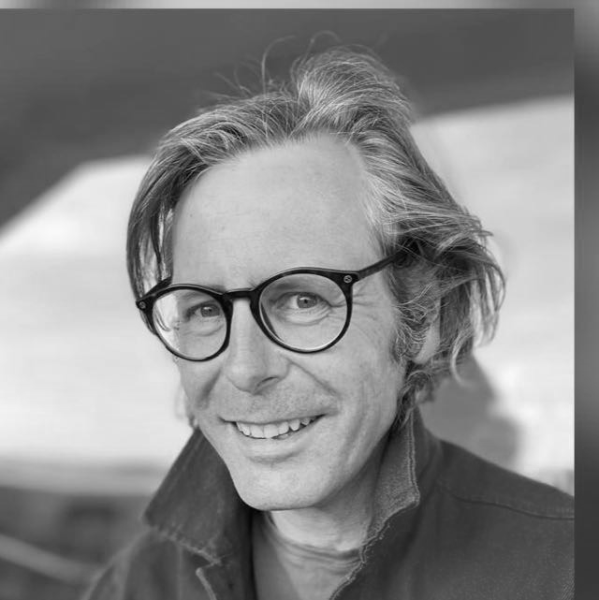
Andrew Erskine
Andrew’s main focus is on innovation and the creative economy, with a particular interest in clusters, the role of higher education, strategic support initiatives, the business of culture, knowledge exchange and transfer, creative places and spaces. Core to his work is the exploration of creativity and its transformative effect on all aspects of our lives. In particular he is interested in how individual and collective creative capital can be unlocked through new uses of technology, approaches to learning and skills, improved public services and organizational development. Much of his work involves projects which build connections across a variety of public agendas including place-making, regeneration, social inclusion and diversity, economic growth and sustainability.
Andrew has worked all over the world with a particular focus on Eastern Europe, the Southern Caucuses and the Middle East. His recent work includes national cultural and creative strategies, local authority and city strategies in the UK, evaluation of cultural programmes, mapping and data driven analysis. He is a regular speaker at international conferences. He has a degree and MA in English Language and Literature from St Anne’s College, Oxford University. He is a Trustee of Murston All Saints Trust in Kent, UK.
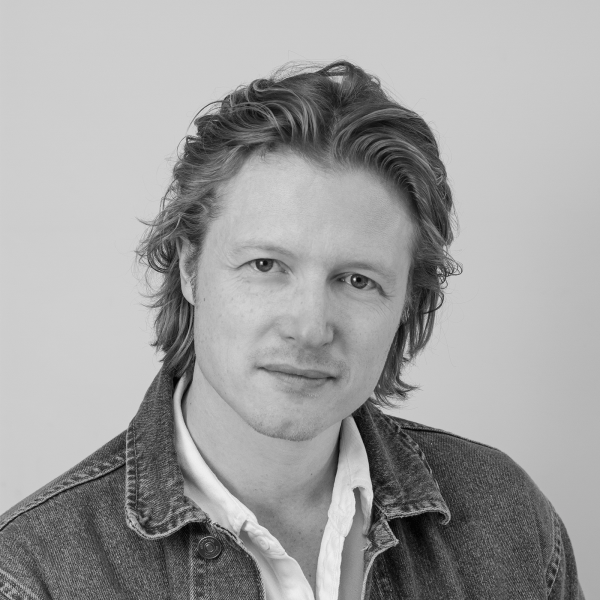
Tom Turner
Tom Turner is a Creative Director with twenty years of experience, most notably within the performing arts sector, leading projects that develop brand engagement across advertising, social media, products, broadcast and streaming.
Having previously worked for 14 years with the Royal Opera House in London, he currently consults for organisations delivering inspiring and impactful audio/visual communication.
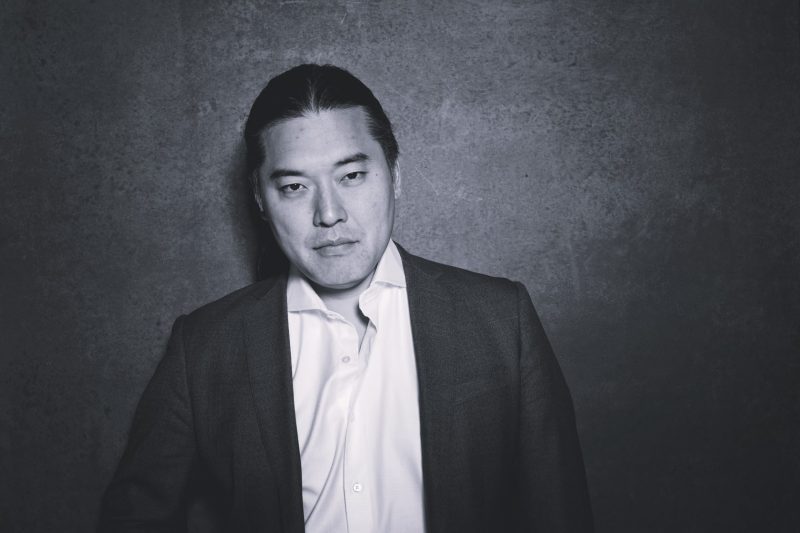
Tateo Nakajima, Arup Fellow
Tateo Nakajima is an Arup Fellow. He leads a highly creative and passionate team, which focuses on the design of cultural venues and developments across the world. The team’s work engages deeply in the way spaces for arts, culture and entertainment shape and support the continuing evolution of collective identity, as well as the sustainability of communities. From theatres, opera houses and concert halls to museums, pop entertainment venues, immersive experiences and arts, culture and entertainment districts, he has worked with major artists, arts organisations, and architecture and design practices to lead a wide range of projects worldwide.
Tateo’s work centres around the way we experience our world through what we hear, see and touch. He believes that the spaces we live, work and recreate in should not be generic and that they should represent our culture and values. Tateo is currently Arup Technical Services leader for the UK, India, Middle East and Africa, a Fellow of the Royal Society of Arts and a Fellow of the Institute of Acoustics.
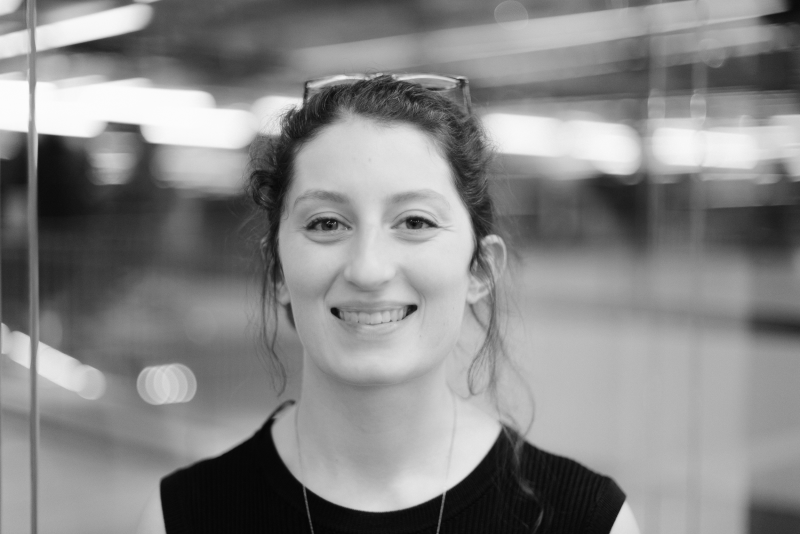
Ottilie Thornhill, Arup
Ottilie’s work explores the human experience across global cultural contexts. She is passionate about meaningful audience engagement and the sustainable use of materials. Her past experiences include content production for visual and performing arts organisations and digital transformation projects. In her role at Arup Ottilie blends digital tools, services and methodologies with project delivery for the arts and culture sector.
Recent projects include the Bidi Bidi Music and Arts Centre pavilion for London Design Biennale 2023 and Therme Pavilion Altostrata. She produces the Therme Forum in Theatre and Architecture in Sibiu, in collaboration with Arup, Therme Group and SibFest. She is an Associate of King’s College London.
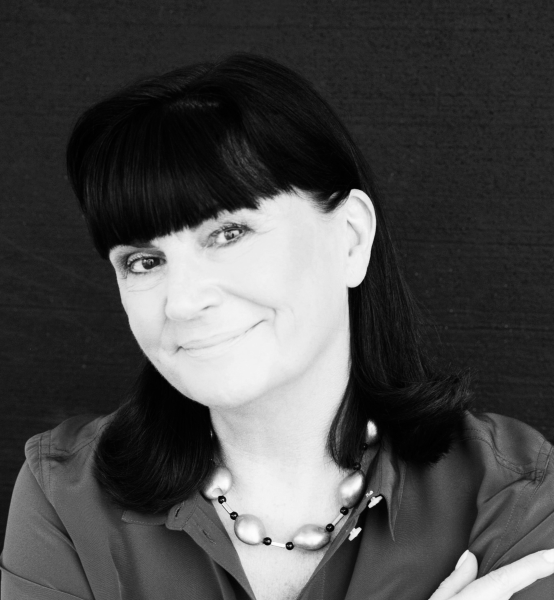
Steinunn Birna Ragnarsdottir
Steinunn Ragnarsdóttir, has worked in the Performing Arts for many years, serving as the Artistic Director of Harpa Concert Hall from 2011 until 2015 when she took on the position as the Director of the Icelandic Opera. She has lead the vision, strategy, and operations of both of these prominent cultural institutions in Iceland. She has extended experience as a cultural leader and entrepreneur in the Performing Arts, with a proven track record of delivering quality artistic programs, engaging diverse audiences, and forming international collaborations. Steinunn participates regularly in various panels at international conferences, sharing her insights on cultural and creative strategies and transformation.
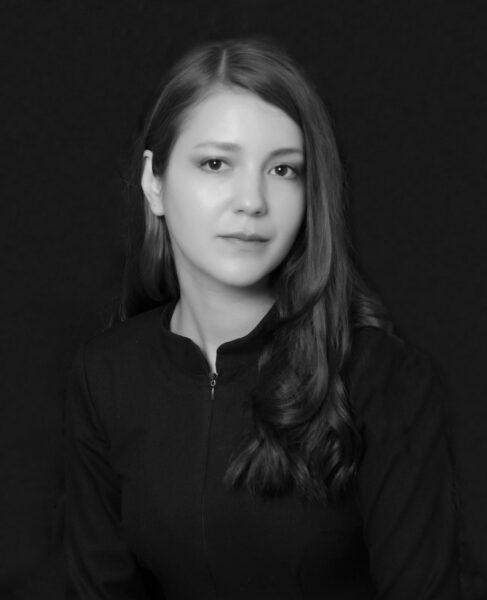
Andreea Felciuc, Arup
Andreea Felciuc is an architect and scenographer, registered both in the UK and in Romania, with a multi-disciplinary professional experience that includes scenography, new media installations, video-mapping, 3D animation, FX and VFX. Andreea studied architecture in Iași and Vienna, as part of an International Master’s Program with a double degree in architecture, at the University of Applied Arts in the Austrian capital, in the Greg Lynn Studio. For more than a decade, she has been collaborating, on various occasions, with the artistic and theatrical industry both in Romania and with the European one, having various scenographic projects with cultural institutions such as the Berlin State Opera, Theater de la Ville de Luxemburg, Wilhelma Theater in Stuttgart.
She is currently an architect at Arup in London, a city where she has lived since 2019, when he accepted the invitation of director Tateo Nakajima to join the “Venues” team, specializing in the development of strategies, design and consultancy for the arts and culture program (philharmonics, theaters, operas, museums, galleries, pavilions, strategic development and masterplan). Projects she has collaborated on include: Konzerthaus in Munich, Opera and Conservatory in Shenzhen, Alte Munze in Berlin, Live Museum in New Delhi, Public Art Strategy in Dubai and Abu Dhabi, Curator’s Pavilion at the 2019 Venice Biennale & 2023, Therme Forum within the Sibiu International Theater Festival.